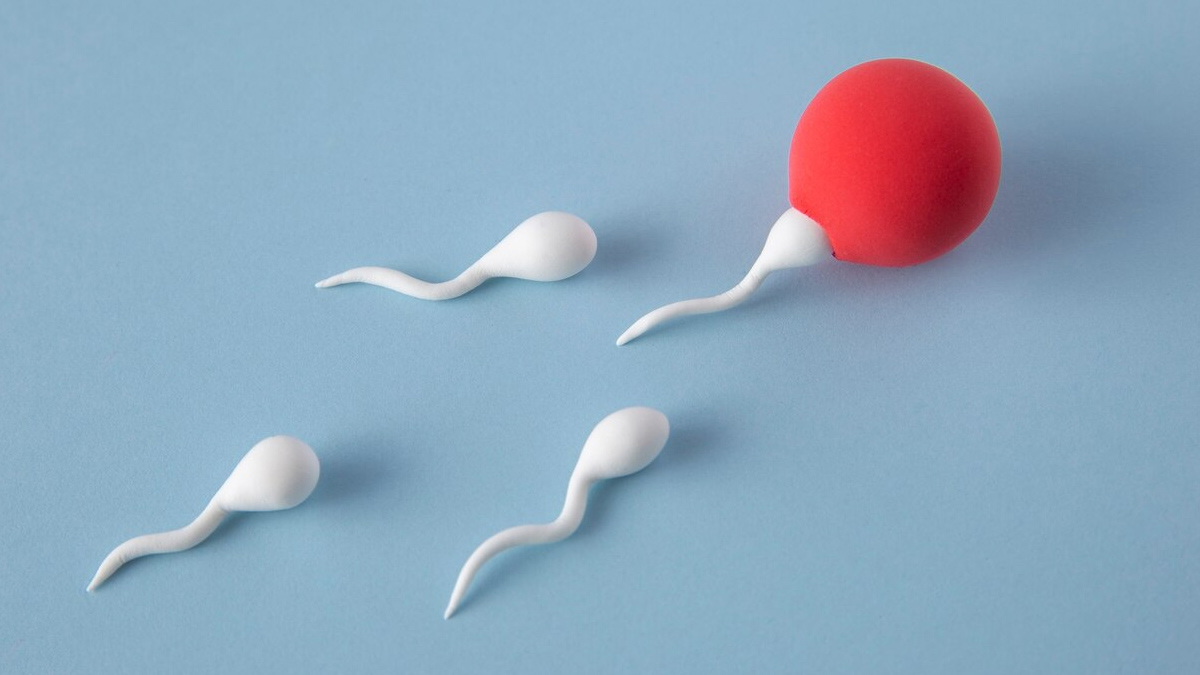
Is there such a thing as being too old to become a father? Not really, at least not anymore. With changing life priorities, medical advancements, and shifting societal norms, more men are choosing to embrace fatherhood in their 40s and even 50s. While many late fathers provide emotional maturity, financial stability, and life experience to parenting, it is essential to recognise the hidden risks related to fertility and its negative impact on a child’s health.
Table of Content:-
We spoke to Dr Raghuveer Karne, Consultant Andrologist, Oasis Fertility, Hyderabad, who explained the hidden risks of late fatherhood.
How Age Affects Male Fertility?

“Just like female fertility, male fertility levels decline with an increase in biological age. As men grow older, the quality and function of sperm decrease, leading to a reduction in semen volume, sperm count, and motility. Moreover, as age increases, there is an increase in DNA fragmentation within the sperm, which can make conception challenging,” said Dr Karne.
It can also lead to higher rates of miscarriages or failed implantation. If you are someone who relies on ART or scientific fertility treatments, then the success rate is low. Hence, biological ageing negatively impacts not only natural conception but also medical interventions too.
Also Read: Can You Have Sex During IVF? What Fertility Expert Recommend
Health Risks for Children Conceived by Older Fathers
Moreover, studies have mentioned that there is a possible connection between older fathers and chromosomal abnormalities, though this association is not as well established as it is with maternal age. A large, population-based study encompassing over 7 million individuals found that children of older fathers had a significantly higher risk of conditions like schizophrenia, autism, bipolar disorder, and ADHD.
These risks are strongly linked to neurodevelopmental and psychiatric issues in children. These ailments can be forwarded to the next generation, increasing health concerns for grandchildren as well. There is an increased risk of miscarriage or pregnancy loss even after medical intervention or natural conception which can be emotionally upsetting for couples.
Pregnancy and Delivery Complications for the Mother

“The age of the father may also affect the health of the mother during pregnancy. Women who conceive with older partners face a slightly higher risk of developing conditions like preeclampsia and gestational diabetes. This is believed to be due to declining sperm quality and other age-related factors that influence embryo development and placental function,” explained Dr Karne.
Risks for the Newborn
For the baby, the risks aren’t just long-term, they begin at birth. Studies suggest that infants born to older fathers are more likely to:
- Be born prematurely
- Have a low birth weight
- Require neonatal intensive care
These complications can affect a child’s early development and long-term health outcomes.
Also Read: Facing Repeated IUI Failures? Know When To Stop And What To Try Next
The Emotional and Physical Toll of Late Fatherhood
Dr Karne said, “Beyond the science, late fatherhood can also come with lifestyle challenges. Keeping up with toddlers in your 50s or 60s isn’t easy. Many older fathers report higher levels of stress, fatigue, and even loneliness, especially when they find themselves parenting alongside much younger peers. There’s also a generational divide that can impact father-child bonding. Differences in values, interests, and communication styles may create gaps that are challenging to bridge over time.”
Bottomline
Dr Karne concluded, “Men on this path should be well-informed even though late fatherhood can be incredibly fulfilling and purposeful. The best results for their families can be ensured by their ability to make informed decisions and seek medical assistance, when necessary, due to their awareness of the biological and developmental risks.”
[Disclaimer: This article contains information provided by an expert and is for informational purposes only. Hence, we advise you to consult your professional if you are dealing with any health issue to avoid complications.]
How we keep this article up to date:
We work with experts and keep a close eye on the latest in health and wellness. Whenever there is a new research or helpful information, we update our articles with accurate and useful advice.
Current Version